STAKEHOLDER INTERVIEWSPerspectives from 15 global health leaders on GHIT's catalytic role and
Japan's transformational contributions to global health R&D
POLICY
02
Dr. Seth Berkley
CEO
Gavi, the Vaccine Alliance
“The Japanese pharmaceutical industry has the potential to play a significant role in producing life-saving vaccines for the world’s poorest countries, and we will be working closely with them over the coming years to help realize this potential.”
Please share brief background on Gavi, the Vaccine Alliance, for a lay audience.
Gavi, the Vaccine Alliance is a public-private partnership funded by governments, including Japan, businesses and philanthropists with a mission to save children’s lives and protect people’s health by increasing equitable use of vaccines in lower-income countries.
Since our inception in 2000, Gavi has helped to immunize over half a billion children against deadly diseases and our work with vaccine manufacturers has reduced the price of vaccines by 90%. Gavi now purchases vaccines for 60% of the world’s children in nearly 70 of the world’s poorest countries.
Gavi’s new five year strategy, running from 2016 to 2020, means we will continue to roll out new vaccines but also focus on reaching the ‘fifth child’ – the 20% of children of worldwide who are still not getting basic vaccines. The issue with this fifth child is that they are not standing next to the other four. To reach them will require innovation and real-time learning and feedback. By doing this we are building the base for Universal Health Coverage.
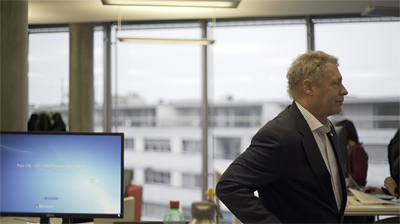
Why are new and improved vaccines critical today? What is holding back their development and delivery?
With changing trends in human and animal migration, increasing urbanization, the density of mega cities, the rise in antimicrobial resistance, and climate change, the threat of a major new disease outbreak is growing larger and larger.
New vaccines are critical to help us counter this threat. However this can be problematic in areas where there is little market potential. For instance, with Ebola there have typically been only a couple of dozen cases every few years, usually in very impoverished, rural African communities. Who would pay for a vaccine? That’s why, for Ebola, Gavi stepped in with an Advance Purchase Commitment, guaranteeing to the manufacturers millions of dollars in funding available for a final, licensed vaccine.
At January’s World Economic Forum at Davos, the Japanese Government joined with the Gates Foundation, Wellcome Trust, and others to launch the Coalition for Epidemic Preparedness Innovations. This partnership will be hugely important, providing the funding and know-how to develop vaccines for the next global pandemics.
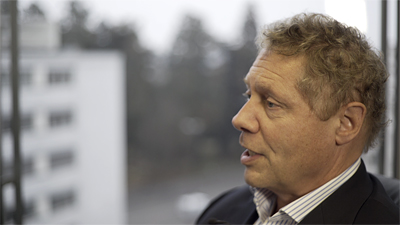
What is Japan’s role in the Gavi Alliance today (the Japanese government and Japanese pharma), and why is it important?
Japan is a hugely important partner for Gavi, both financially and politically. It began to contribute to Gavi in 2011, providing $53.7 between 2011 and 2015. At our last replenishment conference in 2015 Japan doubled its contribution, pledging nearly $100 million over five years. The Japanese government has also given Gavi strong political backing, for instance by making a reference to Gavi in the G7 Leaders’ Declaration.
The Japanese pharmaceutical industry has the potential to play a significant role in producing life-saving vaccines for the world’s poorest countries, and we will be working closely with them over the coming years to help realize this potential. But we think the Japanese private sector could play an even greater role—not just in manufacturing vaccines, but also producing medical devices such as syringes and cold chain equipment to support the Gavi model.
What has been Japan’s role in global health leadership over the past 10 years?
Japan has played a very important role in global health by keeping a focus on global health security and infectious diseases. This started back at the 2000 Kyushu-Okinawa G8 Summit, where the then-Japanese Prime Minister pushed forward for infectious disease support, including commitment for the Global Fund to Fight AIDS, Tuberculosis and Malaria. Japan has continued to play a leadership with contributions to help combat Ebola and the country’s continuing support for Gavi.
Japan’s focus on universal health coverage has also been important. For me, one of the critical issues in trying to get our vaccines out is that we are trying to reach everybody in the world. Of course, the people that are not being reached with vaccines are the ones who have no access to health services. Therefore, efforts to deliver vaccines and Japan’s priority on universal health coverage are key to individuals ultimately being able to access other health services as well.
“After the GHIT Fund was established, the country began to focus on bringing its incredible technological innovation together with a range of other partners to focus on critical global health needs.”
What impact has the establishment of the GHIT Fund had on Japan's role as a global health leader?
Japan has been an extraordinary innovator in many different areas. After the GHIT Fund was established, the country began to focus on bringing its incredible technological innovation together with a range of other partners to focus on critical global health needs. This has had the effect of creating new partnerships and important research on topics of great interest for the world.
In your experience, what is the most important factor for a successful global health R&D partnership?
Prior to Gavi, I ran an organization called IAVI (International AIDS Vaccine Initiative). We worked with Japanese scientists to move forward a vaccine for HIV. There were some challenges with the collaboration, including a language barrier, but what made the partnership successful was its focus on bringing together a group of people with shared values and interest in moving forward together. I think it is important to create this type of shared value partnership, which will help eliminate as many barriers of entry as possible. To me, this will allow Japan to contribute even more to global health R&D than it already has, especially Japanese companies.
“I think Japan will continue to contribute breakthroughs in technologies with more and more applications in the developing world. ”
Looking ahead to the next 5-10 years, what do you think Japan’s role in global health should be?
Japan has done some extraordinary things in health. I think there are many lessons it can teach the rest of the world. For example, Japan has the highest life expectancy in the world, and its best practices will serve as important guides as the entire globe experiences major demographic changes. The challenge is going to be in translating and personalizing the lessons and mindset to other countries.
Additionally, Japan has made high-tech and health innovation suitable for patients throughout the world. I think Japan will continue to contribute breakthroughs in technologies with more and more applications in the developing world.
The affiliations and positions listed in this interview are at the time of publication of the interview in 2017.
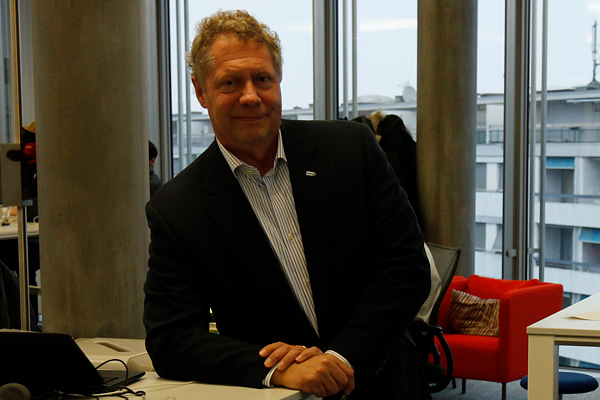
- Biography
- Seth Berkley, MD, is CEO of Gavi, the Vaccine Alliance. Previously, Dr. Berkley founded the International AIDS Vaccine Initiative (IAVI), the first vaccine product development public-private sector partnership, where he served as president and CEO for 15 years. Under his leadership, IAVI created a virtual vaccine product development effort involving industry, academia and developing country scientists – developing and testing vaccines around the world. Prior to that, he was an officer of the Health Sciences Division at The Rockefeller Foundation. He has worked for the Center for Infectious Diseases of the US Centers for Disease Control and Prevention (CDC), the Massachusetts Department of Public Health and for the Carter Center, where he was assigned as an epidemiologist at the Ministry of Health in Uganda. Dr. Berkley played a key role in Uganda’s national HIV sero-survey and helped develop its National AIDS Control programs. He was recognized by TIME magazine as one of the “100 Most Influential People in the World” and by Wired Magazine as among “The Wired 25 — a salute to dreamers, inventors, mavericks and leaders.” He has consulted or worked in more than 50 countries in Asia, Africa, and Latin America. Dr. Berkley sits on a number of international steering committees and corporate and not-for-profit boards, including those of Gilead Sciences, the New York Academy of Sciences, and the Acumen Fund.
STAKEHOLDER INTERVIEWSARCHIVES
FUNDING
-
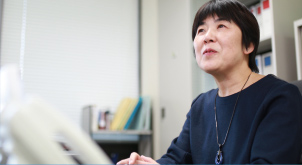
01
Dr. Naoko YamamotoSenior Assistant Minister for Global Health,
Ministry of Health, Labour and Welfare
#
-
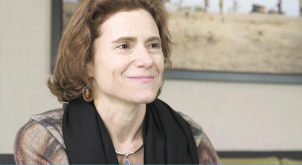
02
Dr. Hannah KettlerSenior Program Officer, Life Science Partnerships
Global Health Program, Office of the President
Bill & Melinda Gates Foundation
#
-

03
Prof. Stephen CaddickDirector, Innovations Division,
Wellcome Trust
#
DISCOVERY
-
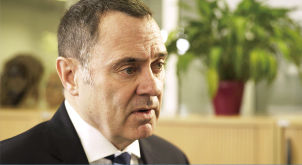
01
Dr. David ReddyCEO
Medicines for Malaria Venture (MMV)
#
-
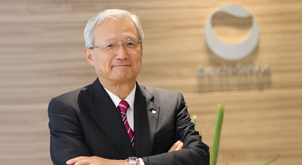
02
Mr. George NakayamaRepresentative Director,
Chairman and CEO
Daiichi Sankyo Company, Limited
#
-
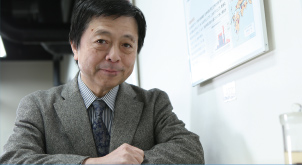
03
Prof. Kiyoshi KitaProfessor Emeritus, The University of Tokyo
Professor and Dean, Nagasaki University School of Tropical Medicine and Global Health
#
DEVELOPMENT
-
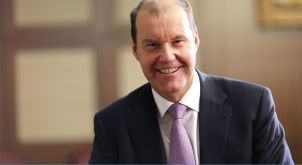
01
Mr. Christophe WeberRepresentative Director, President and CEO
Takeda Pharmaceutical Company Limited
#
-
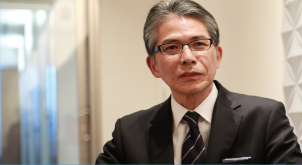
02
Mr. Yoshihiko HatanakaRepresentative Director,
President and CEO
Astellas Pharma Inc.
#
-
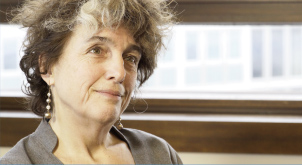
03
Dr. Nathalie Strub WourgaftMedical Director
Drugs for Neglected Diseases initiative (DNDi)
#
ACCESS
-
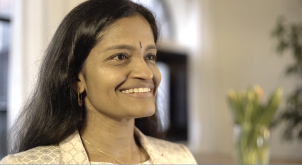
01
Dr. Jayasree K. IyerExecutive Director
Access to Medicine Foundation
#
-
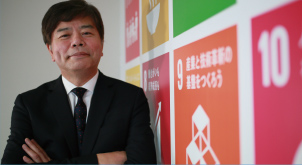
02
Mr. Tetsuo KondoDirector
United Nations Development Programme (UNDP)
Representation Office in Tokyo
#
-
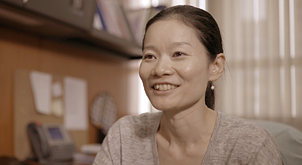
03
Dr. Aya YajimaTechnical Officer
Malaria, other Vectorborne and Parasitic Diseases Unit
Division of Communicable Diseases
World Health Organization Western Pacific Regional Office
#
POLICY
-
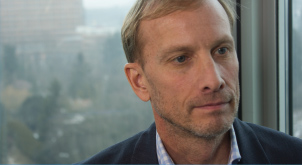
01
Dr. Mark DybulFormer Executive Director
The Global Fund to Fight AIDS,
Tuberculosis and Malaria
#
-
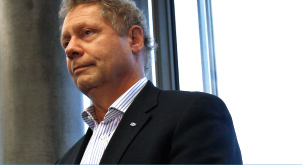
02
Dr. Seth BerkleyCEO
Gavi, the Vaccine Alliance
#
-
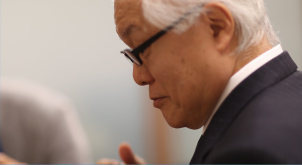
03
Hon. Prof. Keizo TakemiMember of the House of Councillors of Japan
Chairman, Special Committee on Global Health Strategy
of the Liberal Democratic Party's Policy
#

